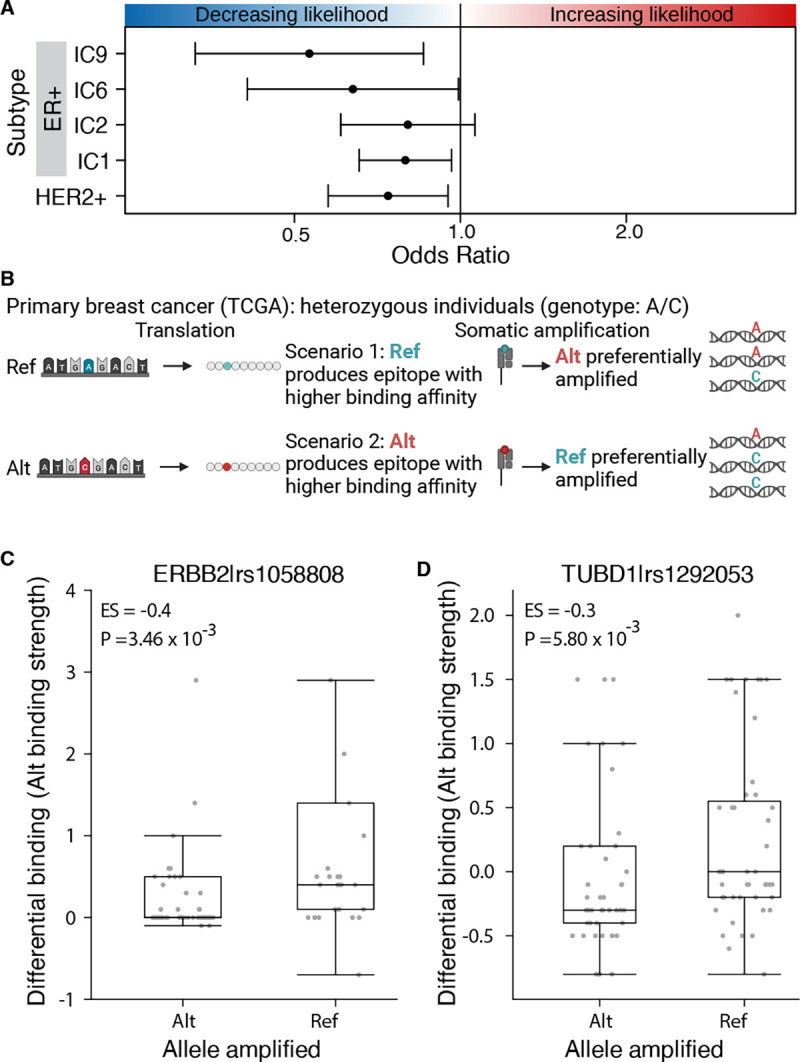Figure 2 – Germline-mediated immunoediting dictates breast cancer subtype early during tumorigenesis.

A) Across five subtypes and three independent cohorts, high GEB in subtype-specific oncogenes is associated with a decreased likelihood of developing the cognate subtype of breast cancer. Forest plot shows the odds ratio and 95% confidence intervals from a meta-analysis across three cohorts: DCIS (N=341), TCGA (n=656) and ICGC (n=431). B) At the individual variant level, to avoid immunoediting, tumors should preferentially amplify the germline allele that produces a weaker epitope. For example, considering only heterozygous individuals, in scenario 1 the reference (ref) allele produces an epitope with higher binding affinity for MHC class I than the alternative (alt) allele. As a result, the tumor preferentially amplifies the alt allele as evidenced by the increased proportion of sequencing reads supporting the alt allele. By contrast, in scenario 2, the alt allele produces an epitope with higher binding affinity for MHC class I and the ref allele is preferentially amplified. C-D) Allele producing epitope with weaker MHC class I binding affinity is preferentially amplified. Boxplots of differential binding for epitopes derived from the alt allele vs ref allele (y-axis), i.e. a measure of alt allele binding affinity, for samples that preferentially amplified the alt or the ref allele. Effect size and p-value from Mann-Whitney rank sum test. Boxplots show analysis for rs1058808 derived from ERBB2 (C) and rs1292053 derived from TUBD1 (D).
